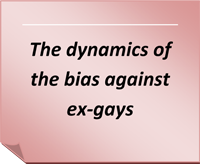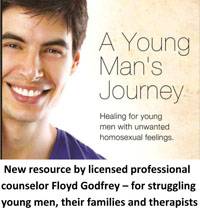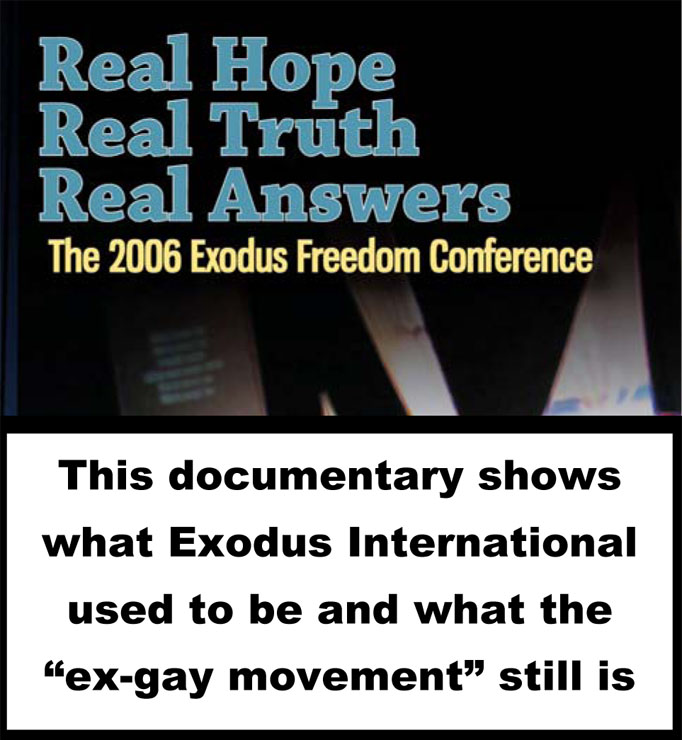Dr. Miriam Grossman rebuffed for suggesting ex-gays talk to university professionals
February 21, 2013
Excerpts from Dr. Grossmans second article about helping individuals with unwanted same-sex attraction on her blog www.miriamgrossmanmd.com: … “I wondered, though, about people who go against the tide and choose to fight their same sex attraction. They must have some interesting stories to tell. I discovered a support group for men in reparative therapy that met monthly in a Los Angeles home. The ‘Circle of Men’ welcomed me as a guest one evening. There were about twenty guys, young and not so young, seated comfortably in the living room. I had one question: what is their message to the mental health profession? They were eager to be heard.”
… “I had an idea: Invite these men to come and speak to my colleagues at the counseling center. Have them describe their journeys to therapists who are convinced that therapy for unwanted same sex attraction is a dangerous scam.”
“Here’s a chance for open discussion of an urgent topic, I thought. Here’s a chance for students like Malik to find hope and support. And the men were all for it; ‘Just tell us when and where — we’ll be there,’ they promised. What a great plan! Boy, was I naive.”
“‘Sounds fascinating,’ the director told me. ‘But the University wouldn’t go for it.’ And that was it. So much for intellectual debate. So much for diversity, multiculturalism, and tolerance. And so much for a patient’s right to self-determination. ‘The University wouldn’t go for it’ — unbelievable.”
“With their astonishing contempt for divergent views, therapists and educators harm Malik, and many people like him, in the following ways:
• By neglecting to inform him that alternatives to gay-affirming therapy exist, thereby
depriving him of the right to self-determination.
• By judging his traditional culture, and imposing theirs: your culture is
homophobic and repressive. Ours is better.
• By depriving him of a source of hope, thereby worsening his emotional distress.”
“How did things end up for Malik? I don’t know. But every time reparative therapy is denounced and legislated against, I think of him. He desperately wanted to fight his same sex attraction; it felt foreign, not who he really was. He was a warrior, the type Hector described: he was ready to fight the battle within. That is his choice. What right does anyone have to take it away? To be continued….”




